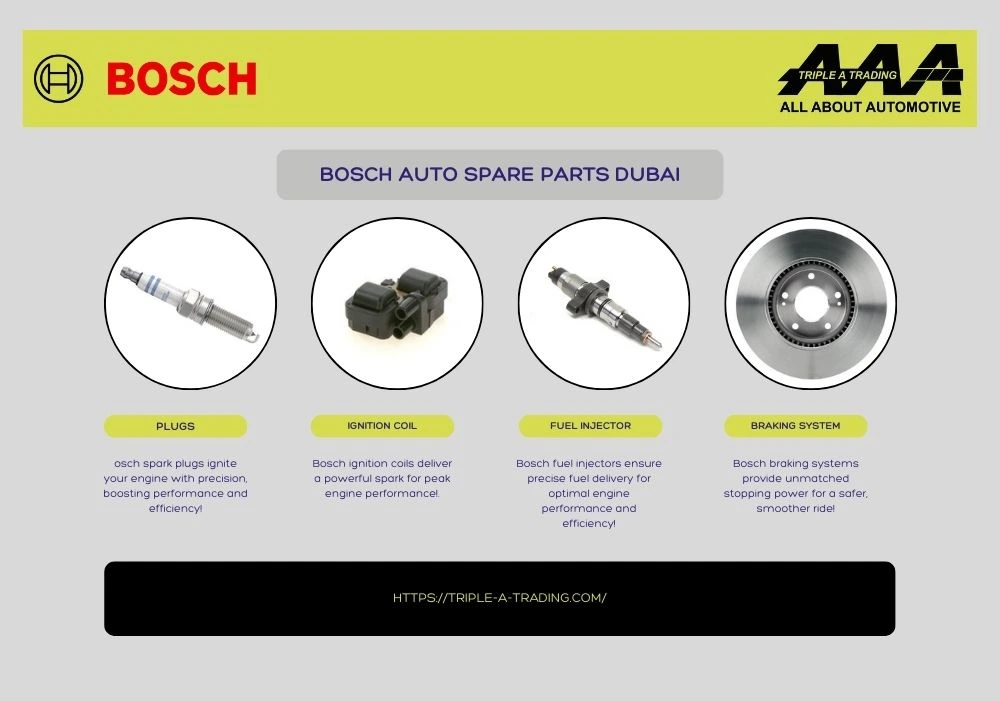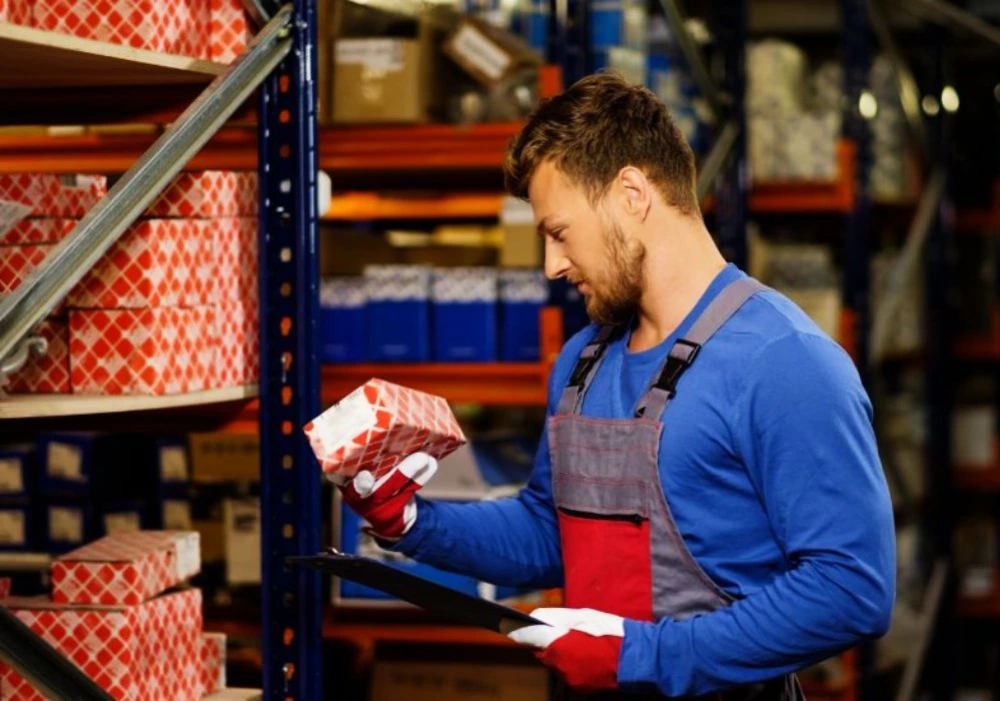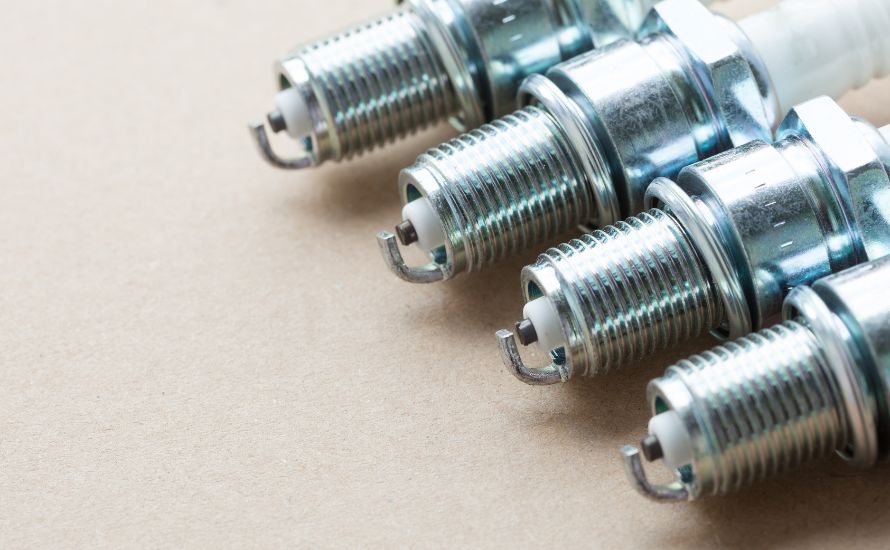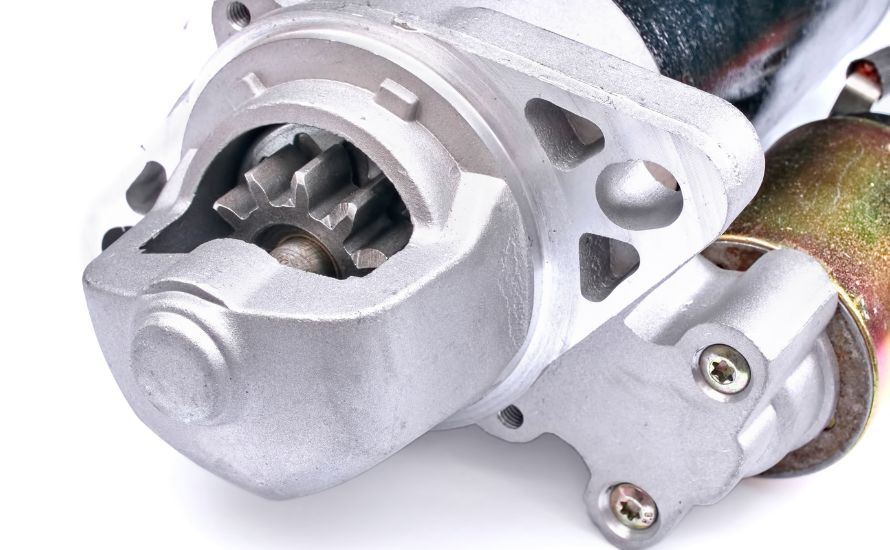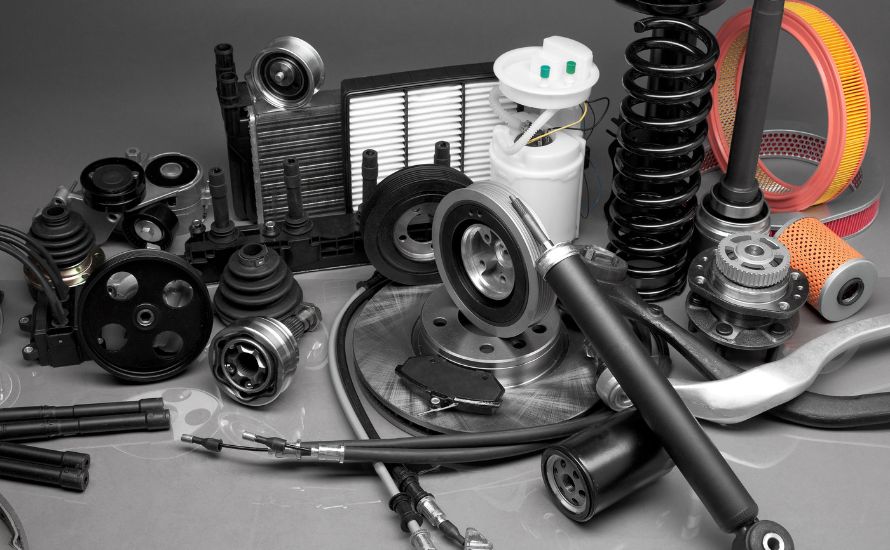Vehicles are machines, and like any machine they acquire maintenance. For most vehicles, uniform maintenance begins at 5,000 miles and continues from there every 5,000-10,000 miles. Of course, checking your car on a more uniform basis is even better.
Maintenance retains your vehicle running smoothly and safely down the road for a much longer distance, in contrast to never doing the upkeep. Your owner’s manual will outline all of the maintenance that acquires to be done and when it calls to be done so that you’re prepared. Auto spare parts wholesalers Dubai provide the best guidance for auto maintenance.
.
9 Vehicle Maintenance Measures
You call a mechanic for most repairs, but there’s a lot of vehicle maintenance you can do on your personal. Here’s a rundown that will obtain you started.
1. Acquaint Yourself With Your Owner’s Manual
Every vehicle has an owner’s labor. It’s a thick book typically squirreled away in the boxing glove box. If you can’t find your copy, an electronic account could be online. Otherwise, contact your trader for a copy.
With the labor in hand, head to the maintenance schedule section. Take note of the intervals for preservation items like engine oil, oil filter, tire rotation, belts, hoses, and so on. It’s significant to follow these manufacturer recommendations to retain the engine running as smoothly as possible.
2. Check Your Tires Monthly
A lot is equitation on your tires – like the entire vehicle. The thing that retains your car driving down the road is the tires. They acquire to be properly inflated to do their job as well as lessen the chance of a blowout.
You possibly know how to add air to your tires already. What you may not know is the correct tire strain, which is extremely significant. You’ll find the ideal tire pressure on a placard placed on the driver’s door jamb or in the owner’s labor.
Tires should be blown up when they are cold (driven less than one mile) to get an accurate reading. If that isn’t possible, add 4 PSI to the recommended quantity, explains Bridgestone Tire. Check your spare tire while you’re at it and validate all pressures with a tire gauge once the tires have unbent.
3. Change Your Oil and Oil riddle on Schedule
Oil is your engine’s existing blood. It serves as a lubricant, keeping significant engine parts from grinding averse to each other and destroying the engine. Motor oil that’s not changed regularly can harm your engine as accrued contaminants cause rubbing when they rub averse to parts.
4. Restore the Air Filter With Oil Changes
When it comes to the air riddle, you may need to replace it once or twice each year. It largely relies on how much you drive. It’s best practice to check the air filter when you swap your oil.
5. Inspect All Other Fluids
Motor oil isn’t the only liquid that needs to be checked. Experts advocate checking your car curb fluid, transmission fluids, coolant, and windshield washer liquid.
Like motor oil, you’ll check transmission liquid with a dipstick. Determine brake fluid, coolant, and washer fluid levels by takeoff-related covers and visually inspecting each. They should reach a designated fill dash.
6. Examine Belts and Hoses
If you want to go one step further away from basic routine vehicle maintenance, then check the hoses and belts in the engine bay. These hoses shortest coolant flow to ensure the engine doesn’t overheat. If a hose has separated, shows cracks, or swelling, then have it replaced.
Similarly, check the sash too. The timing belt, as found in most cars and small SUVs, is picky to the operation of your engine, notes Your Mechanic. If this sash shows signs of utility, including cracking, glazing, and material loss then restore it ASAP. If the timing belt goes while driving it can cause solemn engine damage.
7. Always Listen and Feel for Brake cases
Brakes are a critical part of every vehicle. You should always be aware of how your brakes stroke and what they sound like every time you drive. If the brakes feel squishy or it takes more pressure to apply the brakes than normal they demand to obtain inspected by a professional.
- Squealing
It’s time for new brake pads when you hear screechy because the ones you have now are shabby out and rubbing against the rotor.
- Grinding
This isn’t a usual sound, but it may not be a major issue if brake grinding is done only the first time you drive the vehicle in a day. When the stickiness levels are high outside, rusting can form on the brake rotors in a matter of a day if the vehicle isn’t driven.
- Intermittent Sounds
If brake sounds come and go it could be a gauge of brake fade from overheating. When the brake pads, rotors or brake liquid overheats you may hear brake sounds, and the brakes won’t feel as amenable.
8. Replace Wiper Blades as Needed
If the windows band or the blades screech when the structure is operating it’s time for a replacement set. This is actually a very significant vehicle maintenance measure. Buy car spare parts online and asset yourself in a rainstorm. The windshield wipers are what give you visibility. You never know when you may demand them so check the wiper blades often.

 +971 50 443 1871
+971 50 443 1871



